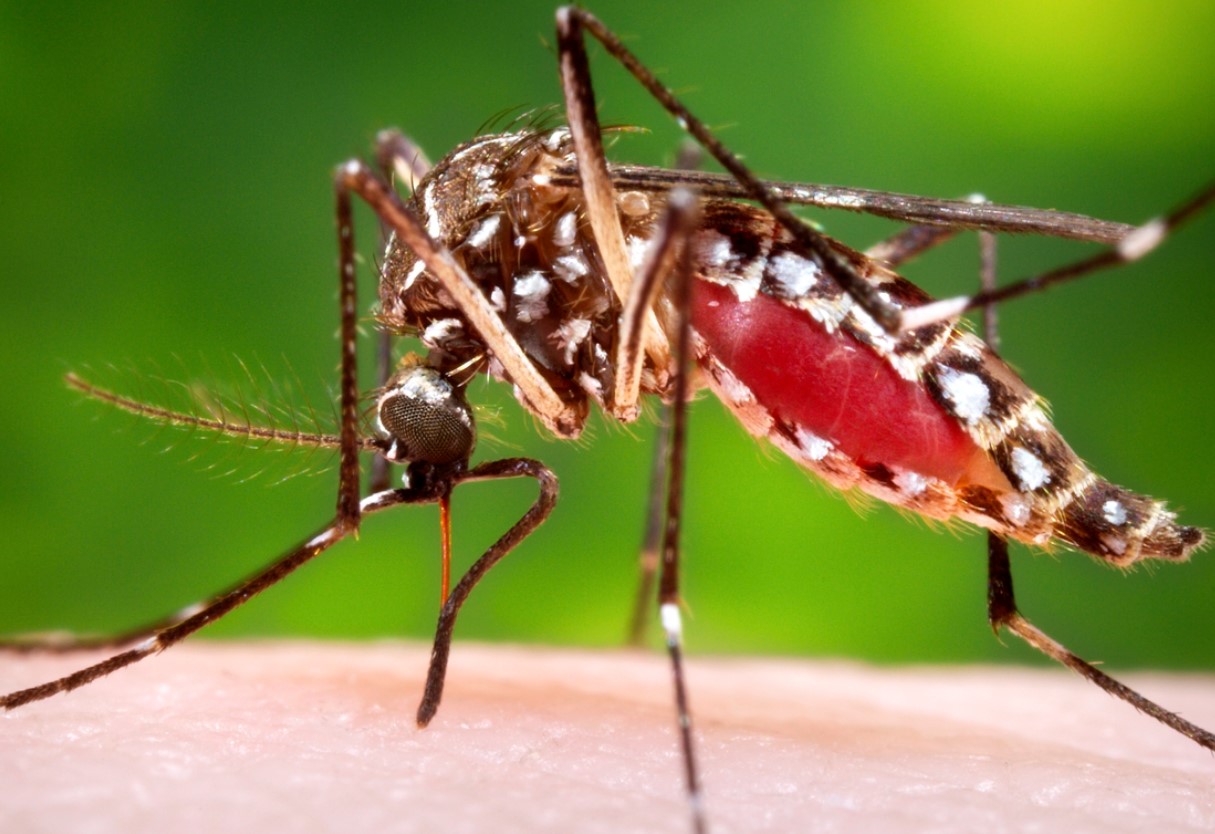Puerto Rico has declared a public health emergency as the island faces a sharp increase in dengue fever cases. The declaration aims to mobilize resources and strengthen efforts to combat the mosquito-borne disease that has already affected hundreds.
The Escalating Dengue Situation
The health emergency comes in response to a dengue outbreak that has seen 549 confirmed cases, nearly half of which are in the capital, San Juan. The disease, also known as “breakbone fever,” is characterized by high fever, severe headache, pain behind the eyes, joint and muscle pain, and rash. While most cases are mild, severe dengue can be life-threatening.
The surge in cases has put a strain on the healthcare system, already dealing with the ongoing challenges of the COVID-19 pandemic. The emergency declaration will facilitate access to additional funding and resources for detection, prevention, and education about the disease.

Response and Prevention Efforts
With the public health emergency in effect, authorities are ramping up efforts to control the Aedes aegypti mosquito population, the primary vector of dengue fever. Measures include fumigation campaigns, elimination of standing water where mosquitoes breed, and public awareness campaigns to encourage protective measures among residents.
Health officials are also focusing on early detection and treatment to prevent the progression of the disease to its severe form. Clinics and hospitals are on alert for symptoms of dengue, and the public is being urged to seek medical attention if they experience signs of the illness.
The Broader Impact of the Outbreak
The dengue outbreak in Puerto Rico is part of a larger trend in the Americas, where several countries have reported increased cases. The situation highlights the need for ongoing vigilance and preparedness to address vector-borne diseases, which are expected to pose an increasing threat due to factors such as climate change and urbanization.
The emergency declaration in Puerto Rico serves as a reminder of the importance of public health infrastructure and the need for international cooperation in disease surveillance and response. As the island battles this outbreak, the lessons learned will be crucial for future public health challenges.







